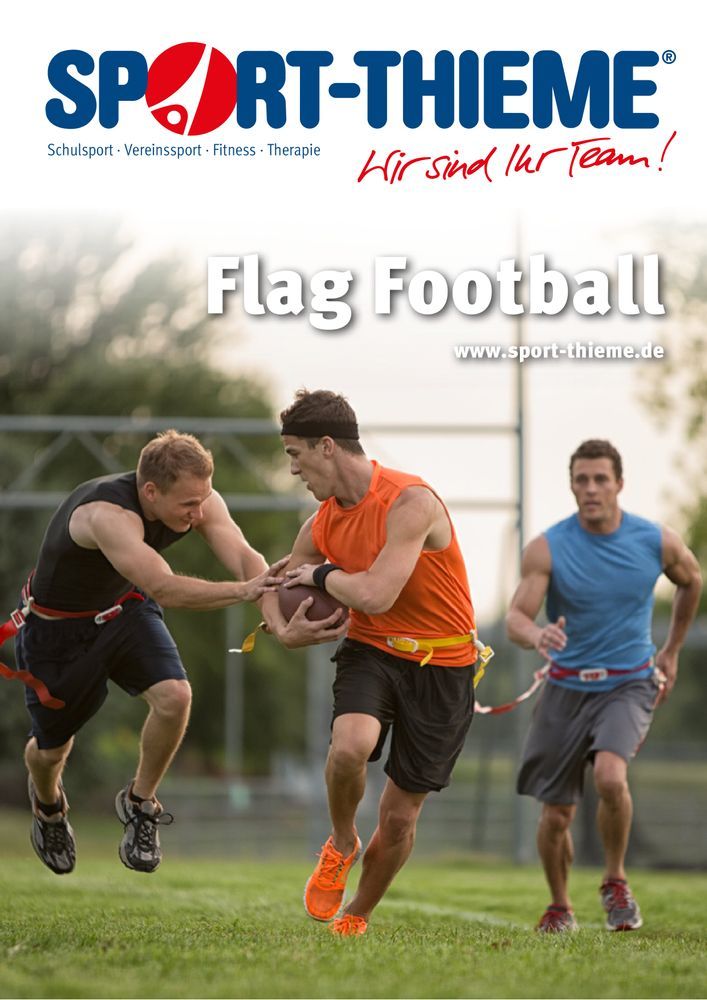
The 2028 Los Angeles Olympics will mark a historic moment for American football—though not in its traditional form. Instead, flag football, a non-contact variation of the sport, will make its Olympic debut. The decision has sparked excitement, debate, and even controversy among athletes, analysts, and fans.
With discussions on whether NFL players should participate, concerns about the global competitiveness of the sport, and questions about how it will be received on the Olympic stage, flag football’s inclusion has set off a heated conversation.
This article explores why flag football is entering the Olympics, the key debates surrounding its debut, and what the future holds for the sport at the international level.
The Rise of Flag Football
What is Flag Football?
Flag football is a modified version of American football that removes tackling. Instead of bringing opponents to the ground, defenders must pull a flag attached to the ball carrier’s waist to end a play. The game is played in a fast-paced format, emphasizing speed, agility, and strategy.
Flag football is significantly safer than tackle football, making it more accessible to people of all ages and skill levels. It has been growing rapidly in youth programs, collegiate intramural leagues, and international competitions.
How Did It Become an Olympic Sport?
The push for flag football’s Olympic inclusion came from a combination of factors:
- The NFL’s Global Expansion Efforts: The NFL has actively promoted flag football as a way to introduce the sport internationally.
- Increased Participation Worldwide: More than 70 countries now have organized flag football leagues, demonstrating the sport’s global reach.
- The Popularity of Non-Contact Sports: The Olympics has increasingly favored fast-paced, less physical sports like skateboarding and 3×3 basketball.
- LA 2028’s Influence: With the Games being held in the U.S., adding a football-related sport was a strategic decision to appeal to American audiences.
In October 2023, the International Olympic Committee (IOC) officially announced that flag football would be included in the 2028 Olympics, bringing one of the most American sports onto the world’s biggest athletic stage.
Key Debates Surrounding Flag Football’s Olympic Debut
The decision to include flag football has led to multiple debates, particularly around the level of competition, whether NFL stars should participate, and the sport’s global legitimacy.
1. Should NFL Players Compete in the Olympics?
One of the biggest discussions is whether professional NFL players should be allowed to participate in the Olympics. Some argue that having NFL superstars like Patrick Mahomes, Tyreek Hill, or Lamar Jackson would bring mainstream attention to the sport. However, others believe it would be unfair and detrimental to the competitive balance.
Arguments in Favor of NFL Players Competing:
- Star Power: Big names from the NFL would attract massive viewership.
- Legitimacy: Having the best players in the world compete would elevate the sport’s credibility.
- American Dominance: The U.S. could guarantee a gold medal if NFL talent is allowed.
Arguments Against NFL Players Competing:
- Unfair Advantage: Other countries don’t have NFL-level players, making the competition one-sided.
- Different Skillset: Flag football relies more on agility, precision, and quickness rather than brute strength—NFL stars may not dominate as expected.
- Risk of Injury: NFL teams might be hesitant to allow their stars to participate in an off-season Olympic event.
Even some flag football players have spoken out against NFL participation. Darrell Doucette, a quarterback for the U.S. men’s flag football team, noted that playing flag football is different from the traditional game and that NFL players would need time to adapt.
2. Can Other Countries Compete with the U.S.?
Another concern is whether flag football will be a competitive Olympic sport or simply a showcase of American dominance.
Countries with Strong Flag Football Programs:
- Mexico: Mexico has been highly competitive in international flag football tournaments and could be a real threat.
- Canada: With a strong football culture, Canada has solid flag football teams.
- Germany & Japan: These nations have growing American football leagues that could translate well into flag football.
However, many countries still lack the infrastructure and resources to field elite teams, which could lead to a lack of balanced competition in the early years.
3. Is Flag Football “Olympic-Worthy”?
Purists argue that the Olympics should feature traditional global sports with deep historical roots, not made-for-TV spectacles. Some critics compare flag football’s inclusion to the failed attempt to make baseball a permanent Olympic sport.
However, others see this as an opportunity for American football to gain worldwide recognition without the safety concerns of tackle football. The fast-paced nature of flag football makes it well-suited for television and younger audiences, aligning with the direction the Olympics has taken in recent years.
How Flag Football is Growing Internationally
Despite concerns over global competitiveness, flag football has been expanding rapidly. The International Federation of American Football (IFAF) has been working to increase participation worldwide.
1. Youth and College Development
- Flag football has been introduced as an official varsity sport for high school girls in several U.S. states, including Florida and Georgia.
- Colleges are beginning to offer scholarships for flag football, particularly at the NAIA level.
- The NFL has partnered with the IFAF to promote youth development worldwide.
2. Women’s Flag Football Growth
Women’s flag football has been expanding at an even faster rate than men’s. Countries like Mexico and Canada have established strong women’s teams, and the Olympics could be a game-changer for women’s participation.
3. NFL’s Influence on International Expansion
The NFL has been holding games in London, Germany, and Mexico, using flag football as an entry point for younger audiences. The league sees flag football as a potential gateway for introducing American football worldwide.
What to Expect at the 2028 Olympics
Format and Rules
- Flag football in the Olympics will follow a 5-on-5 format on a 50-yard field with no contact allowed.
- Games will be fast-paced, with two 20-minute halves and a running clock.
- Teams will include both men’s and women’s divisions, adding gender balance to the sport’s Olympic debut.
Potential Medal Contenders
- United States – Heavy favorite if NFL athletes or top-level flag football players compete.
- Mexico – The strongest challenger, with a proven record in international flag football.
- Canada, Germany, Japan – Potential dark horses with developing programs.
Conclusion: The Future of Flag Football on the Olympic Stage
Flag football’s Olympic debut is a major milestone, but its long-term success remains uncertain. If the 2028 Games generate global excitement and participation increases worldwide, the sport could cement itself as a permanent Olympic event.
However, concerns about competitiveness, NFL player participation, and whether flag football can sustain international interest will need to be addressed.
Regardless of the debates, one thing is clear: the 2028 Olympics will be a turning point for flag football, either solidifying its place in global sports or proving that some games are best left to their traditional roots.


